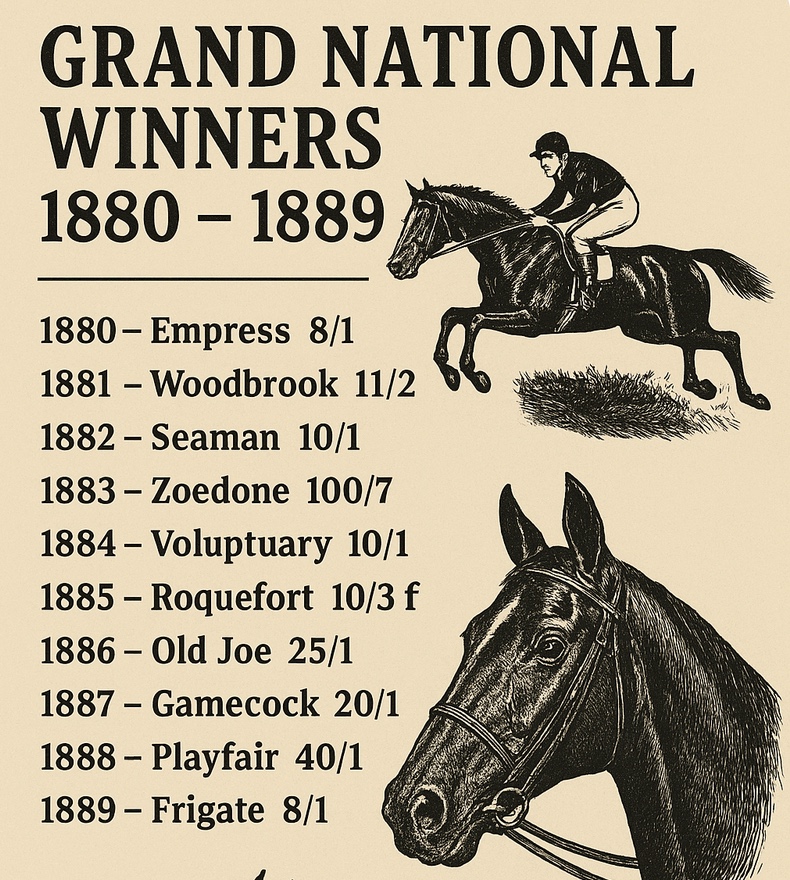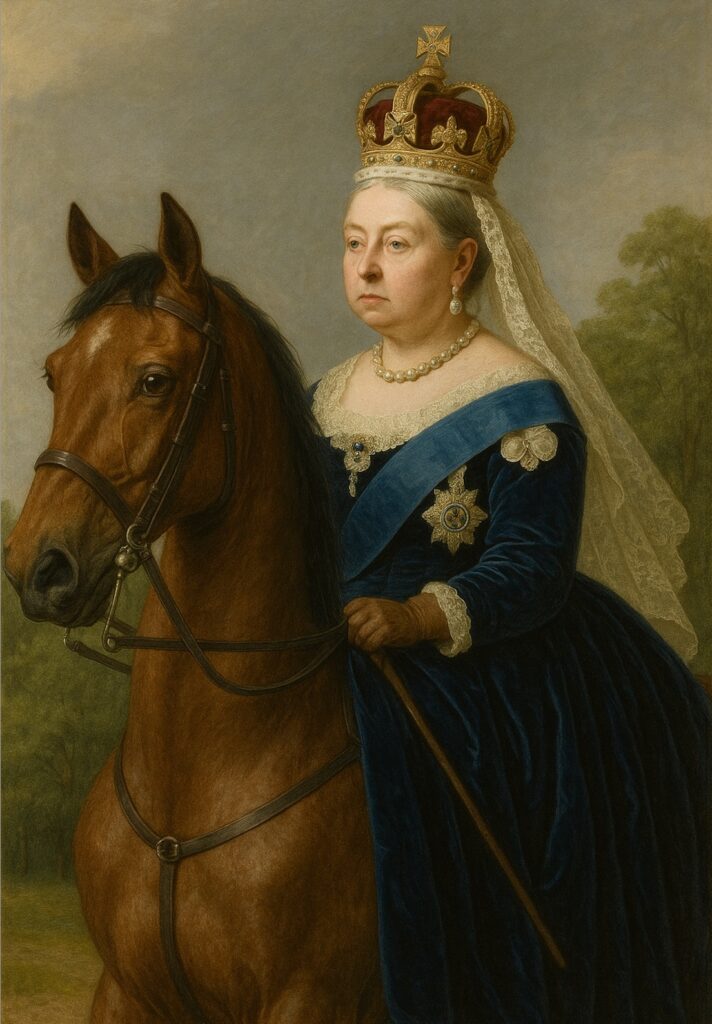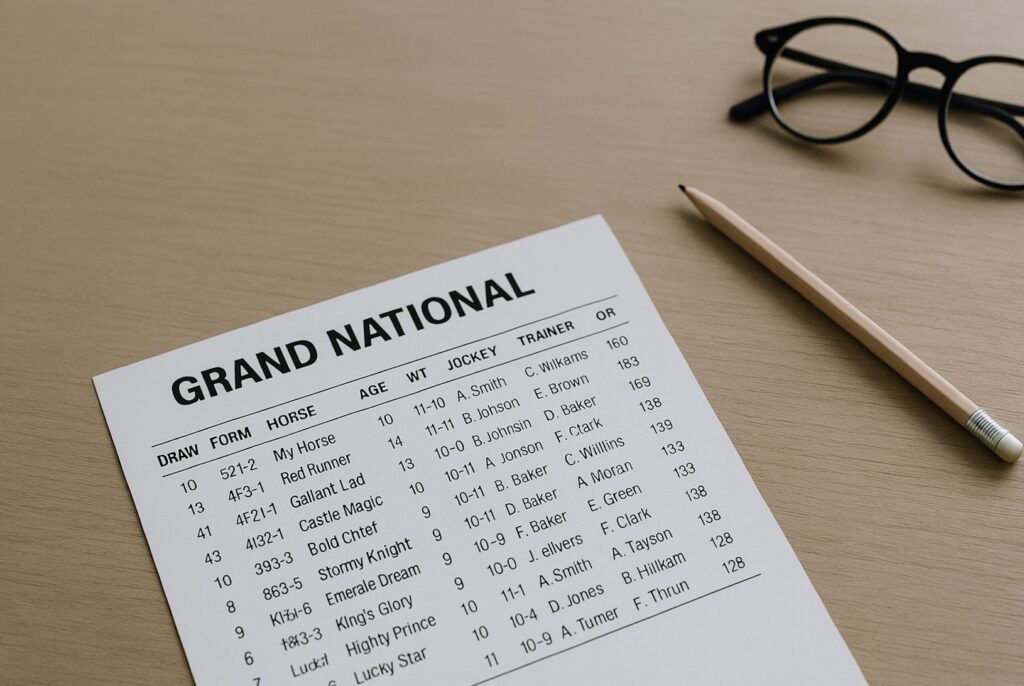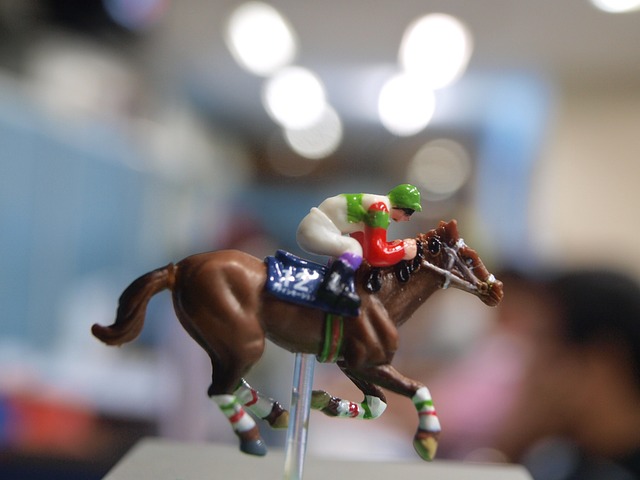Five Conditional Jockeys To Follow over the 2025/26 National Hunt season
As the summer slowly starts to fade away and the autumn begins to creep in, so does the arrival of the 2025/26 National Hunt campaign.
While the season started back in May for most jump racing fans and tipsters from FIRST.com, now is the time that the excitement really begins to build with the wraps starting to come off their equine heroes.
Not only will plenty of familiar faces be returning for more, but there will be lots of new talent on show, both with four legs and two.
Latching on to a good conditional jockey can be a valuable asset from a punting point of view with their ability to claim weight so often the difference between victory and defeat.
Many of the bigger yards will have at least one conditional rider on their books and, in most cases, these are often the ones to follow with ample opportunities likely to come their way.
So to help try and find a gem or two to follow in the saddle over the coming months we have selected five riders that are likely to be seen gracing the winners enclosure frequently.
Harry Atkins (based with Dan Skelton)
While Harry Skelton will once again be partnering the bulk of the runners from his brother Dan Skelton’s yard there will be plenty of other opportunities for others to be had given the size of the team attached to the stable.
One of those likely to be close to the top of that list is 20-year-old Harry Atkins, who can expect to pick up a fair number of rides having been steadily brought along by the Skelton team last season.
Although only partnering three winners during the 2024/25 campaign expect that number to increase significantly this term with the Alcester handler impressed by the improvement he has shown in the saddle coupled with his great work ethic.
With the Grade One winning trainer now feeling the time is ready to call on Atkins services on a more regular basis he can expect to pick up a number of useful rides throughout the season.
Elliott England (based with Ben Pauling)
Callum Pritchard needs little introduction having been the go to conditional jockey last season largely thanks to his victory aboard Al Dancer for trainer Sam Thomas in the 63rd Badger Beer Handicap Chase at Wincanton in November.
However, while he will be entrusted with the bulk of the rides at Ben Pauling’s yard behind stable jockey Ben Jones, the name Elliott England could also be one to make note of this season.
Described by Pauling as a ‘natural horseman’, the 20 year old has already partnered two winners from 10 rides for his current boss, which represents a solid figure.
Not only has he made an impact in the saddle, but his ability to be able to get a horse settled is deemed one of his major assets according to Pauling, which is a big plus to have on his side this early on in his career.
This season is likely to require England to be slightly patient, but when the right opportunities come along expect him to grab them with both hands.
Benjamin Macey (based with Jonjo and AJ O’Neill)
So far it has been steady progress made by Benjamin Macey, but if the early signs are a guide then he could become a player in the race to be crowned champion conditional jockey this season.
Based with Jonjo and AJ O’Neill the 20 year-old is reported to have the sort of work ethic required to succeed, while the hours put in with his jockey coach Will Kennedy have not gone unnoticed both at home, and on the racetrack.
Feedback from the gallops, and after races, are both important factors, and ones that Macey already excels in during this early stage of his career, which will stand him in good stead for the future.
With a good racing brain on him, and his sharp awareness tactically, expect Macey to have his claim reduced from seven pounds to five pounds sooner rather than later.
Isabelle Ryder (based with Jamie Snowden)
Having represented Great Britain at showjumping in her younger days, a career working with horses was always likely to beckon for Isabelle Ryder.
And a move to the yard of Lambourn-trainer Jamie Snowden back in May looks the type of switch that can help take her career to the next level.
From five rides for her new boss this season Ryder has only finished outside the first three once, with one of those outings resulting in victory aboard Doc McCoy.
Although it is still early days in her association with Snowden, the Grade One-winning trainer has been pleased with what he has seen and feels she has the ability to make an impact.
While Gavin Sheehan is very much the main man on the riding roster at Folly House, Ryder is likely to be given her share of opportunities to shine in the saddle.
Jay Tidball (based with Paul Nicholls)
Being attached to the yard of 14-time National Hunt trainer Paul Nicholls comes with an added element of pressure given the high levels of expectations to succeed at the very top, but it is a place which has a rich history of producing talented riders.
Last year’s champion conditional jockey Freddie Gingell shows what having a yard like Nicholls behind a rider can do, while stable number one Harry Cobden also claimed the same title back in 2016/17 on route to his current position.
While having more experience than several other conditionals, Tidball, is already over half-way to beating his best seasonal tally of 15 winners, which he achieved last term, thanks to Nicholls already using him regularly over the summer period.
The Ditcheat master is not afraid of putting up a progressive conditional on the big occasion, and it would come as little surprise to see Tidball make appearances on some of the more notable racedays this campaign and really see his career flourish as the season progresses.
 William Gladstone won the 1880 General Election, leading to over a decade of Conservative rule. This may have been helped by the 1884 Representation of the people Act which doubled the electorate by giving the vote to many rural working men. Britain expanded colonial rule in Egypt. In 1885, the public was shocked to hear General Charles Gordon was killed in the Sudan Crisis during the Mahdist uprising. The rise in new unionism saw the Matchgirls’ Strike (1888) highlighting labour conditions and workers’ rights. Elementary schools were more common and literacy rates rose. Oscar Wilde was popular within arts and literature. While Jack The Ripper lurked somewhere in the poverty-stricken streets of Whitechapel, London. The Married Women’s Poverty Act allowed married women to own property in their own right. Electricity and telephone uptake grew in the 1880s although it was only for business and wealthy individuals. At this time, betting was still done in person, on the street or on course.
William Gladstone won the 1880 General Election, leading to over a decade of Conservative rule. This may have been helped by the 1884 Representation of the people Act which doubled the electorate by giving the vote to many rural working men. Britain expanded colonial rule in Egypt. In 1885, the public was shocked to hear General Charles Gordon was killed in the Sudan Crisis during the Mahdist uprising. The rise in new unionism saw the Matchgirls’ Strike (1888) highlighting labour conditions and workers’ rights. Elementary schools were more common and literacy rates rose. Oscar Wilde was popular within arts and literature. While Jack The Ripper lurked somewhere in the poverty-stricken streets of Whitechapel, London. The Married Women’s Poverty Act allowed married women to own property in their own right. Electricity and telephone uptake grew in the 1880s although it was only for business and wealthy individuals. At this time, betting was still done in person, on the street or on course.
 Race cards are essential for anyone following the Grand National. They provide key details about horse form, jockey statistics and track conditions, helping you make informed decisions during one of the most iconic events in horse racing. By learning how to interpret this information, you can better understand the runners and riders and enjoy a more strategic approach to the big day at Aintree.
Race cards are essential for anyone following the Grand National. They provide key details about horse form, jockey statistics and track conditions, helping you make informed decisions during one of the most iconic events in horse racing. By learning how to interpret this information, you can better understand the runners and riders and enjoy a more strategic approach to the big day at Aintree. The jockey who holds the record for rides in the Grand National is Richard Johnson with 21. Johnson first rode in the celebrated steeplechase in 1997, parting company with his mount, Celtic Abbey, at The Chair during the infamous ‘Monday National’, postponed for 48 hours after a bomb threat forced the evacuation of Aintree Racecourse. Indeed, Johnson failed to complete the National Course on his first five attempts, but on his sixth, in 2002, came as close as he ever would to winning the race.
The jockey who holds the record for rides in the Grand National is Richard Johnson with 21. Johnson first rode in the celebrated steeplechase in 1997, parting company with his mount, Celtic Abbey, at The Chair during the infamous ‘Monday National’, postponed for 48 hours after a bomb threat forced the evacuation of Aintree Racecourse. Indeed, Johnson failed to complete the National Course on his first five attempts, but on his sixth, in 2002, came as close as he ever would to winning the race.